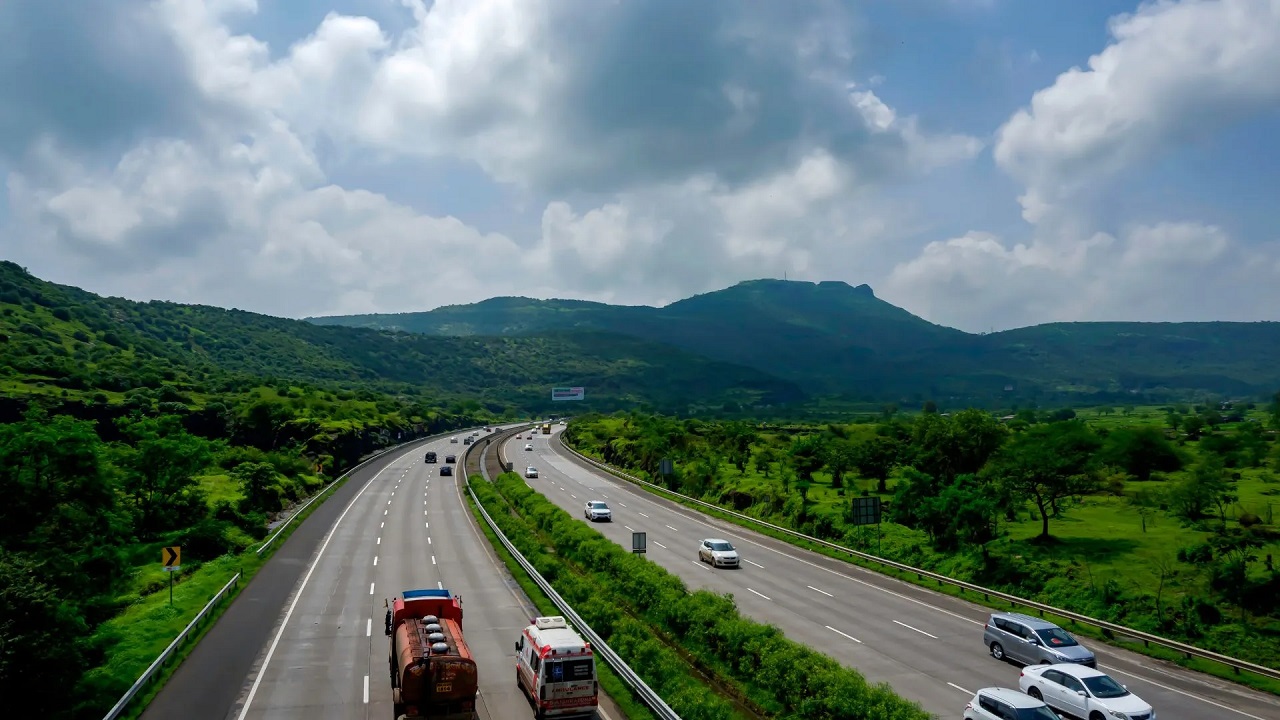Global plastic treaty
Context
Representatives from over 170 countries are gathering in Busan, South Korea, to negotiate a legally binding global treaty aimed at ending plastic pollution, including marine pollution.
Background
- Milestone Talks: This is the fifth and final round of discussions initiated in 2022 after the UN Environment Assembly (UNEA) resolved to develop a treaty by the end of 2024.
- Rising Plastic Production: Global plastic production doubled from 234 million tonnes in 2000 to 460 million tonnes in 2019, with Asia producing nearly half, followed by North America (19%) and Europe (15%). The OECD estimates this figure will reach 700 million tonnes by 2040.
- Environmental Impact: Plastic takes 20–500 years to decompose, and less than 10% has been recycled to date. Much of the waste leaks into ecosystems, breaking down into harmful microplastics and nanoplastics.
- Health Hazards: Exposure to chemicals in plastics is linked to cancer, diabetes, reproductive disorders, and neurodevelopmental impairments.
- Ecosystem Damage: Plastic pollution severely affects marine, freshwater, and terrestrial species.
- Climate Change Contributor: In 2020, plastics accounted for 3.6% of global greenhouse gas emissions, with 90% arising from fossil-fuel-based production and 10% from waste management processes.
- India's Role: India is the largest contributor to plastic pollution, releasing 9.3 million tonnes annually, far exceeding Nigeria (3.5 mt), Indonesia (3.4 mt), and China (2.8 mt).
Key Issues on the Negotiating Table
-
Global Rules for Plastic Life Cycle:
- Focus on controlling plastic pollution from production to disposal.
- Potential bans on specific types of plastics, products, and harmful chemical additives.
- Legally binding recycling targets and mandates for using recycled content in goods.
-
Just Transition:
- Discussions on safeguarding the livelihoods of workers and communities affected by reduced plastic production.
-
Points of Disagreement:
- Some countries, including Saudi Arabia, Iran, Russia, and India, oppose stricter production mandates, favoring innovative waste management and sustainable plastic use instead.
- Divergence over financial mechanisms to support treaty implementation.
India’s Position
- Opposition to Polymer Restrictions: India opposes restrictions on polymer production, stating such measures exceed the UNEA’s original mandate.
- Focus on Financial Assistance: India advocates for including financial aid, technical assistance, and technology transfer in the treaty’s provisions.
- Chemical Regulation: India insists decisions on harmful chemicals in plastics should rely on scientific evidence and remain under domestic regulation.
- Single-Use Plastic Ban: India banned 19 categories of single-use plastics in 2022 but maintains that decisions to phase out plastic items should consider national circumstances and be nationally driven.
This treaty represents a critical opportunity for global collaboration in tackling the escalating crisis of plastic pollution while balancing environmental, social, and economic considerations.



.jpg)
Comments (0)